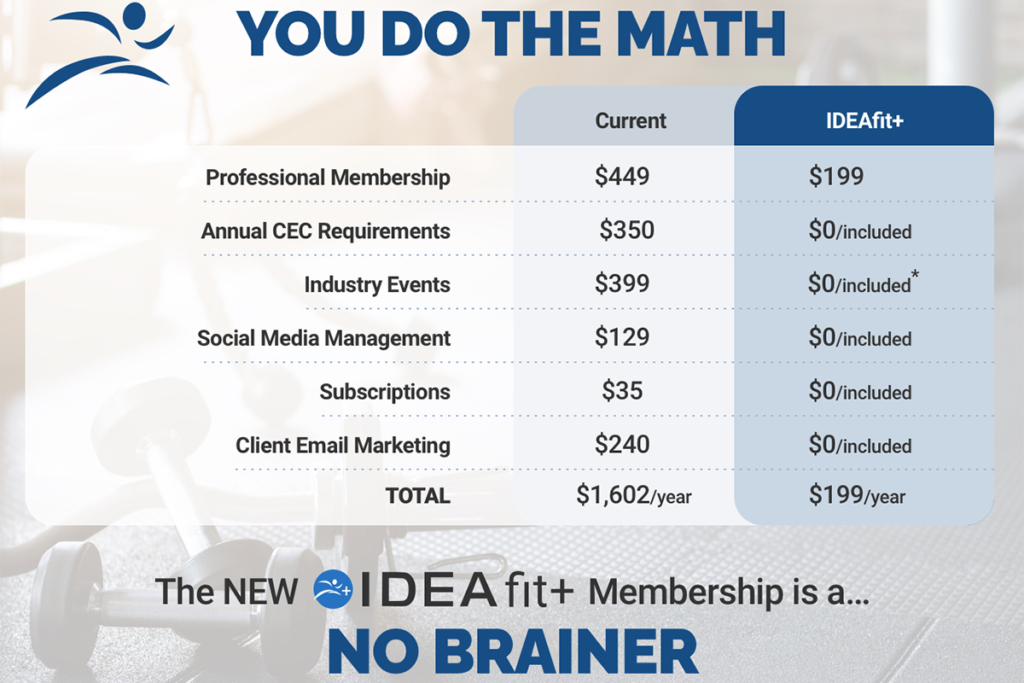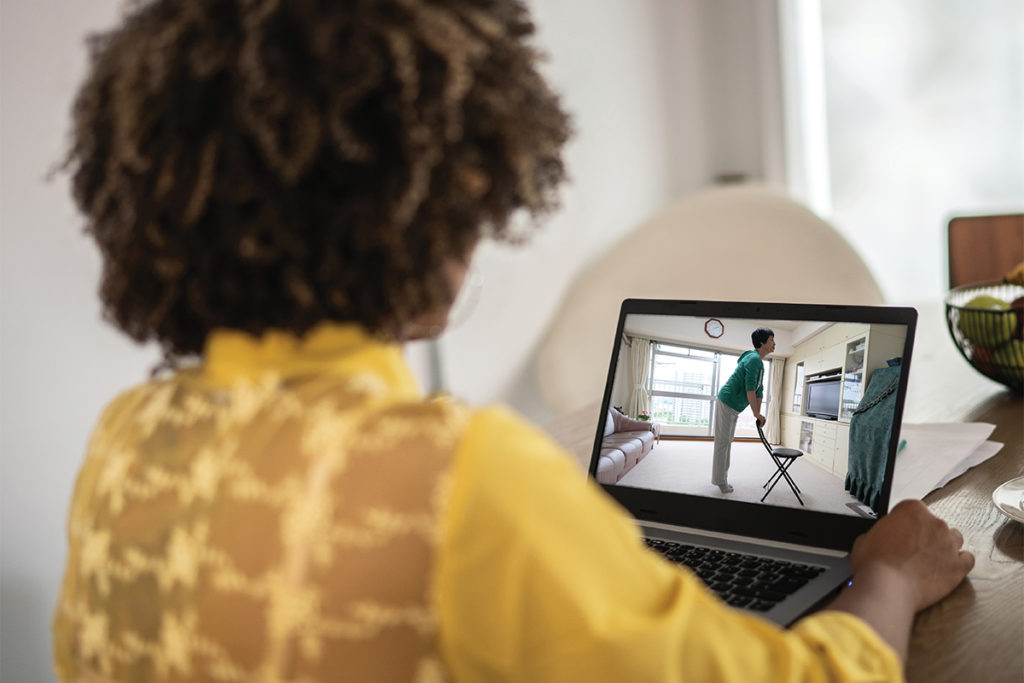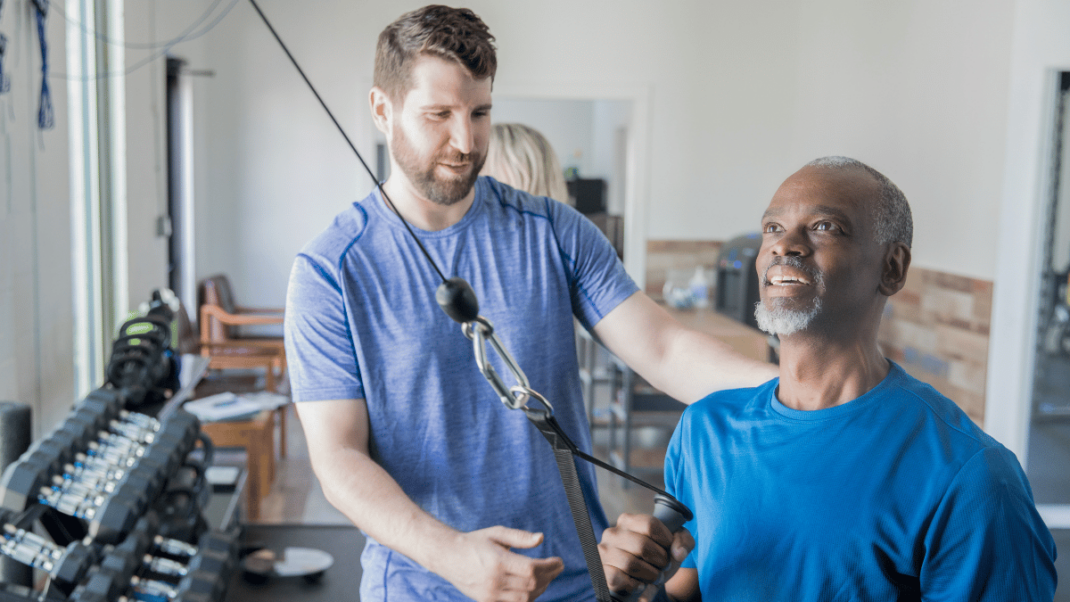How to Become a Great Podcast Guest

Imagine if you could attract more clients, sell additional products or services, and expand awareness about your business without spending money! Online platforms are big and getting bigger. Podcast hosts need good content and guests—but not just any podcast guest. They need professionals who meet specific criteria. How can you be the one who gets booked, generates attention and is worth listening to?
Get ready to shine, sparkle, succeed and sizzle with a few simple dos and don’ts on how to be a great podcast guest.
Avoid These Beginner Mistakes
Before you research shows and craft a pitch, take a moment to learn from other people’s mistakes. First, don’t inundate the host with information. Send exactly what he or she asks for and nothing longer. If the host requests a 200-word introduction and a 35-word pitch, keep to that. More is not better; it’s simply more work for the host.
Another mistake people make is not listening to a sample episode beforehand or doing any research on the show, host or audience. Each show has a unique style, focus and approach. Learn what those are so you can target your message. A scattershot blitz of a pitch is obvious and irritating—you’re practically begging to be ignored. If you can’t spend 10–15 minutes learning about the show, why should the host spend time on you?
See also: IDEAfit PRO SHOW
5 Factors a Great Podcast Guest Offers
To be considered a professional and a “bookable” podcast guest, you’ll need to provide your host with the following five key components.
- Be aligned and authentic. First and foremost, make sure that you’re in genuine alignment with the show’s premise and audience and you have something relevant to offer. If the show bills itself as “The Source for Executives,” don’t waste your time pitching an episode on home workouts for new moms. A little creativity, however, can get you booked. For example, you could reposition your message as “Quick Ways to Work Out Before You Leave for the Office” or “Are You on the Mommy Track or Career Track With your Workouts?”Another aspect of alignment and authenticity involves values. What if the show espouses values that are opposed to your own? For example, if it relies on quick fixes to entice listeners and your business is all about making lifelong healthy choices, you may want to pitch elsewhere. You need to know the show’s tone, goal and intention to determine whether or not it’s a match. Tailor your message to fit the show—do not expect the show to adapt to you.
- Know the show. Understand who the listeners are. Ask for important demographics, listener stats or information about the target market, and keep your own business goals in mind. Do you cater to high-income, active, urban professionals who exercise before and after work? Find shows that reach that market. Nothing gets you ignored faster than a pitch that screams, “I really want to be on your show, but I’ve never listened to an episode or even bothered to read your website description.” For instance, let’s say you want to encourage people to walk into your new facility. Your target show promotes itself as “worldwide radio for English speakers everywhere.” Online radio does not have the same geographical restrictions as terrestrial, airwave radio; therefore, if you want to reach your local market exclusively, you must rethink your strategy—unless the show focuses on local listeners.
- Provide a relatively short introduction. Make the host’s job easy. The host will likely bring you into the interview with three or four intro sentences, then transition to the content. You may have extensive qualifications and be an expert in your field, but are listeners going to pay attention to a long résumé? Instead, weave in relevant experience as you move through the conversation.Don’t send a long bio and “graciously” ask the host to “use what works.” You’re essentially saying, “Edit my bio because I could not figure out how to condense it.” Follow word count directions, if given. Otherwise, send both a long bio and a short one. The host will use the former to decide whether you qualify to be on air, and as background information; the latter is for the introduction.
- Suggest an angle and a hook, but be open to the host’s perspective. The angle is the particular approach, theme or focus you’re proposing; the hook is what twist, unusual aspect or unique spin you’re putting on your pitch to immediately attract and “hook” the audience.For example, let’s say you just got a new line of equipment for your facility. Why should listeners care, especially if they live nowhere near you? How will it improve their lives? Change their results? Bring them to nirvana? Answer that and you have an angle. Let’s say the equipment is designed to be super time-efficient. The hook could be, “Increase Your Lifespan With (my new equipment) in Under 30 Minutes a Day” or “What Are 5 Secrets Fitness Pros Know About Choosing Home Workout Equipment?”Ultimately, trust that your host knows the show the best. Consider any topic suggestion a gift and accept it!
- Provide interview questions. You and the host have agreed on an interview angle. Now provide the host with provocative, interesting questions. For one, you’ll be able to direct the content to showcase your strengths. For another, you’ll know the answers! Make sure your questions can be answered in the allotted time. If you have an 8-minute segment, you need quick sound bites on one main point. You can’t address all the benefits of exercise, for instance. However, you can offer five benefits unique to your business and of value to listeners. Conversely, if you’re given an hour, your questions can allow for more depth and movement from topic to topic. However, keep in mind they’d better be good questions to hold listeners for that long.
See also: Host a Speaking Series
More Mistakes to Avoid
Let’s circle back to common mistakes to avoid. You’ve been asked to be a podcast guest and now it’s time to record the show. Learn from the following missteps:
Being boring. If you’re new to radio, record yourself in private and ask for feedback. As fitness pros, we have energy galore. Let that show through both your voice and content. Be yourself (unless you’re naturally boring, then be someone more exciting when you’re recording).
Taking over. If you launch into a soliloquy and your host can’t get a word in, force yourself to catch your breath. An interview is a conversation, not a monologue or hostile takeover. If the host interrupts you, it’s a sure sign you’re going too long without a pause. Keep your answers short and in direct response to the questions.
Using your airtime as ad time. Let the host take the lead and ask about your book, club, online workouts, products, services or upcoming events. Then give short, enthusiastic answers that relate to the overall content of your interview. Remember: Why should listeners care? What’s in it for them? Make every minute valuable.
Your Number-One Responsibility as a Podcast Guest
Once the interview is over and the show has been produced, it’s time to fulfill your number-one responsibility: promoting the show! Just as you’re counting on the radio show to spread your message, the host is depending on you to bring in listeners! This is the “deal,” whether stated or implied; it’s a symbiotic, cooperative partnership, even if just for a few days of excitement.
When you get the link or embed code to download your episode, tell everyone! Don’t just click on the link and pat yourself on the back. Post the link on all your social media sites; send out emails to your network and database; add the link or audio track to your website; do what it takes to support and market the show. Ask your network/clients/members/staff to check out the radio’s page, site and connections, and keep it up until you’re sure you’ve done all that you can. Nothing gets you asked back faster than a nice spike in traffic!
See also: Listen & Learn
Kymberly Williams-Evans, MA
Kymberly Williams-Evans, PhD (ABD) has been a fitness professional on four continents, in four languages, for four decades on land, at sea and across the airwaves. After years of co-hosting an online radio program (Active Aging for BoomChickaBoomers), she reports having interviewed scads of great guests and two really bad ones.



